A person's lifetime can be characterised by some great achievement, skill or ability. It is very few people who can boast of achievements in a myriad of areas, in all of which they excel. While Albert Ganado is not the type of person to boast, it is surely not for a lack of noteworthy events and activities in his life but more due to a natural averseness to blowing his own horn.
Yesterday, Albert celebrated his 100th birthday, a notable accomplishment in its own right. It is a life that is described in his autobiography, Ħajja mhux tas-Soltu, recently also translated into and published in English as A Life Not So Ordinary. Reading about the life of this brilliant compatriot of ours, one can easily conclude that, in fact, his life has been anything but ordinary, but rather extraordinary in fact.
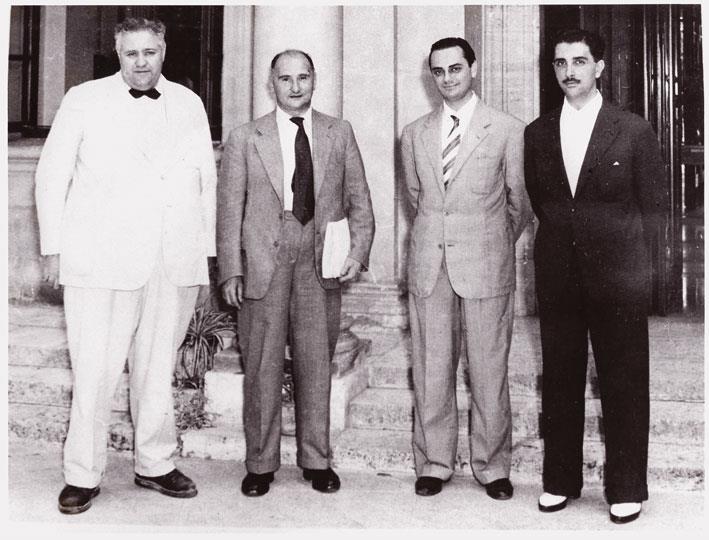
His father Robert was an eminent judge (as was his grandfather Luigi Ganado),and being brought up in such an environment obviously meant that he would lean in the direction of a legal career. His teens were characterised by his legal studies and the wartime years, both of which were peppered with escapades that underline the natural intelligence and vivacity with which Albert was blessed. Once he had embarked on his career as a lawyer, Albert soon made a name for himself as a brilliant litigator, whose attention to detail was second to nobody's. Absolute correctness in all legal procedures were very important for him, as it is proper procedures that ensure that the law is fair and impartial, with no corners being cut. His clients could rest assured that any case that they had entrusted to Albert Ganado could only be won against them if the legal procedures had been followed to the letter.
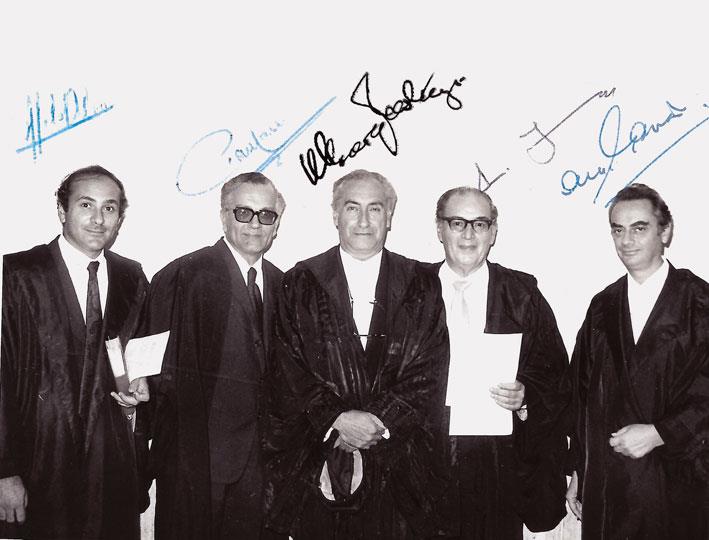
However, being a first-class lawyer was not enough for him. Albert Ganado also militated in the world of politics for a few years, and to this area he once again brought his high principles and microscopic attention to detail and correctness. In the tumultuous years leading up to, and following Malta's Independence, Albert Ganado had initially formed part of the Partit Nazzjonalista, even a member of its executive committee, and was instrumental in setting up its youth arm, and serve as its first President. In this period of his political life, he was one of George Borg Olivier's favourites, and it was quite widely rumoured that Albert was being groomed by George to be his eventual successor.
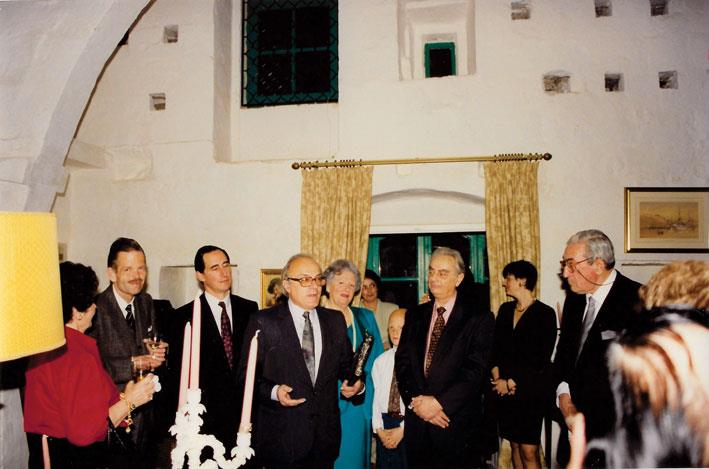
However, in the late 50s and early sixties, he had some serious divergences of opinion with Dr Borg Olivier, then the Nationalist leader, in how to confront Mintoff's Malta Labour Party. This led him to call for a party congress, which did not go down at all well with Borg Olivier, and he ended up expelled from the Party, an expulsion that was subsequently (in August 1961) declared null and without effect since it was illegal, by the Courts. His political adventure was not yet over, however. He joined the newly-set-up Partit Demokratiku Nazzjonalista, the Democratic Nationalist Party, a new party led by his cousin, Herbert Ganado of Rajt Malta Tinbidel fame, and made up of several politicians who had broken away from Borg Olivier's Nationalists and even served briefly as its Secretary-general. But he eventually walked away from politics.
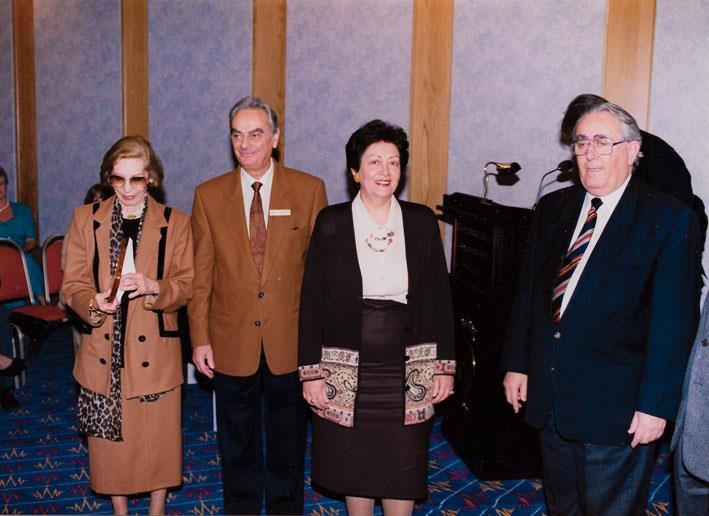
His reputation as a first-class lawyer meant that while he had left politics, politics had not left him. In 1955, he had already attended meetings on the highly-contested issue of integration vs independence, in London, and prepared briefs and speeches based on constitutional law and precedents in other Commonwealth countries. In 1972, when it came to amending the Constitution and questions about interpretation arose, especially about the need for the two-thirds parliamentary majority, the Nationalist Party once again approached Dr Ganado, since the Party had no constitutional expert. The Party Executive had decided to seek advice from an English expert in constitutional law and three representatives of the PN flew to London for this consultation - Victor Ragonesi, Eddie Fenech Adami and Albert Ganado.
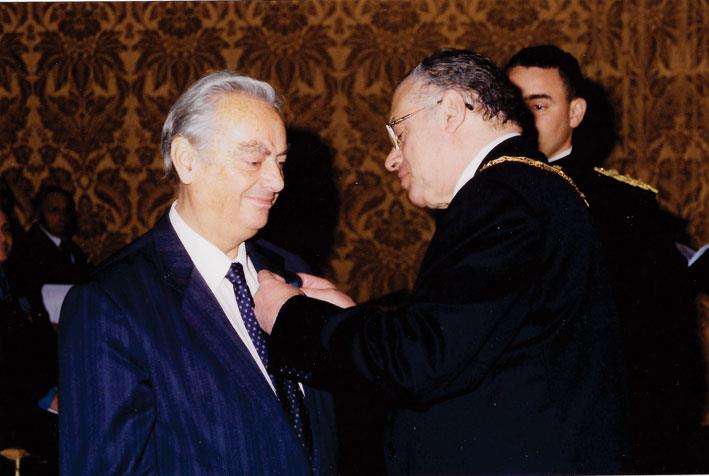
His exit from the arena of politics in the sixties meant that he could dedicate more time to his family, and concentrate all his efforts on the development of Melitensia and on research about the history of Malta. He continued adding greatly to his collections, especially those of maps of Malta and the history of international cartography. Over the years his map collection grew and grew, and he became a world-renowned expert on cartography, especially of Malta and the Mediterranean region. This collection became so valuable, both in its individual pieces, but even more so as a whole collection, that Albert was becoming preoccupied that it would one day be split up again, and its value in its comprehensive cartographic nature would be lost.
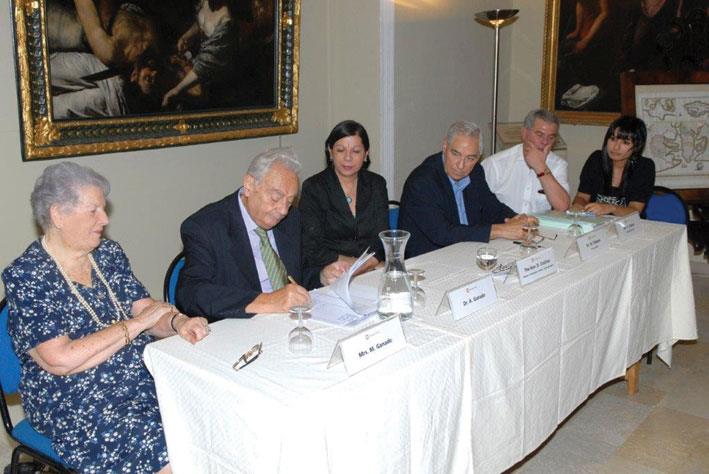
Fortunately, this view was also shared by the Maltese government and after protracted negotiations, and the acceptance of Albert's conditions on the proper maintenance of the collection, a deal was agreed whereby the whole collection was deposited in the National Museum of Fine Arts permanently, in exchange for the ownership of the house in M. A. Vassalli Street in Valletta. Albert had been brought up in this house from birth, since his father rented it from the government. It is worth pointing out that, when the matter of this exchange came to the vote in Parliament, it was approved unanimously, with both sides of the House making declarations as to how the country had benefitted from the deal.
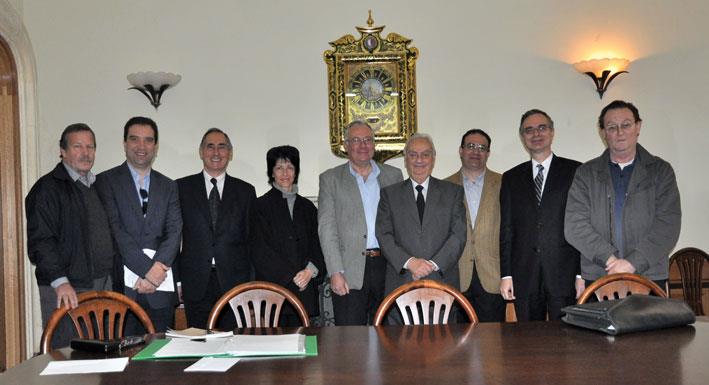
Maps were not the only thing he collected, as over the years he had amassed a voluminous collection of Melitensia, in the form of art and literature. Of these he made many worthy donations, maybe the most important being his donation of all the records in various volumes and a quantity of documents that he had from his time as Secretary-general in Herbert Ganado's political party, up to when the Party disbanded in 1966. Albert donated them to the University of Malta in October 2014, and thus they became accessible to whoever wished to study them, with the historian Professor Joseph Pirotta making use of a great deal of material from them for his four-volume magnum opus Fortress Colony (MidSea Books, 2018).
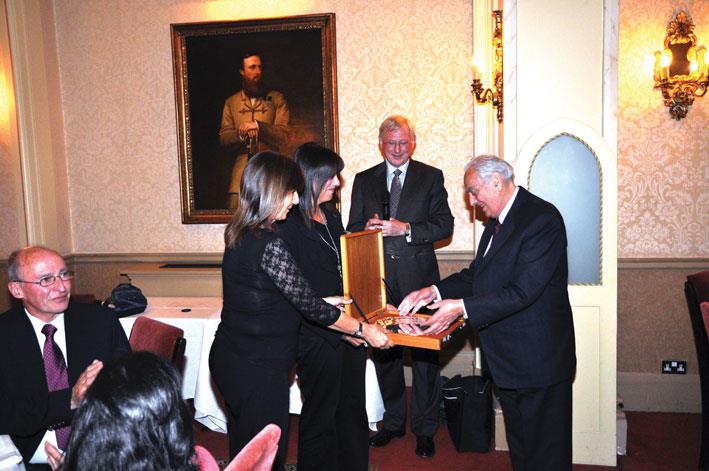
One could write on and on about Albert's reputation as an expert Bridge player, who was also pretty good at chess. However, one cannot talk about an extraordinary life without highlighting the participation of his late wife, Muriel, whom he married on the 20 November 1949 when he was just over twenty-five years old. Muriel, together with their two daughters, Berta and Rita, formed an inextricable part of his every day life.
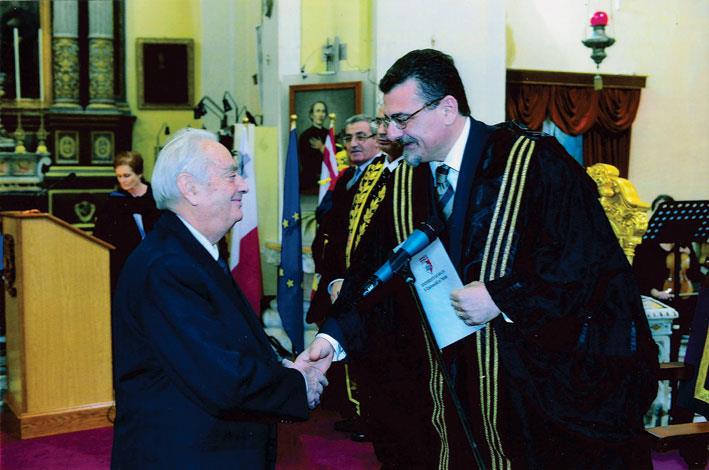
No one word can describe this erudite man, possessing eclectic expertise in so many things Maltese. His 100-year life voyage (so far) has been one of many adventures, exploration and discoveries. His life has to date been lived to the full, with a love for his country's past, present and future, for his family, and for correctness and decency in behaviour with men. In the words of Giovanni Bonello in the foreword to Albert's biography in English, "[Albert Ganado] was certainly a protagonist in various fields of Malta's life: the law courts, politics, historical research and publications, the building up of collections, culture. He made contributions to all these fields that are not easily forgotten. It is right to say that all he remembered will become the heritage of future generations."
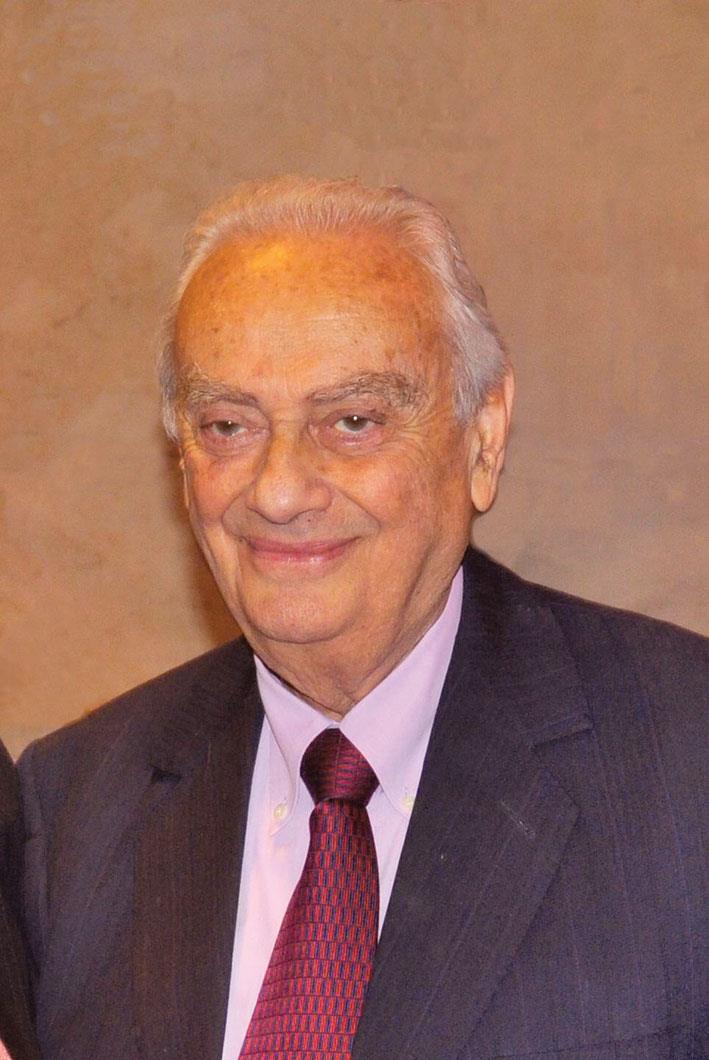
Happy 100th, Albert, and many happy returns.